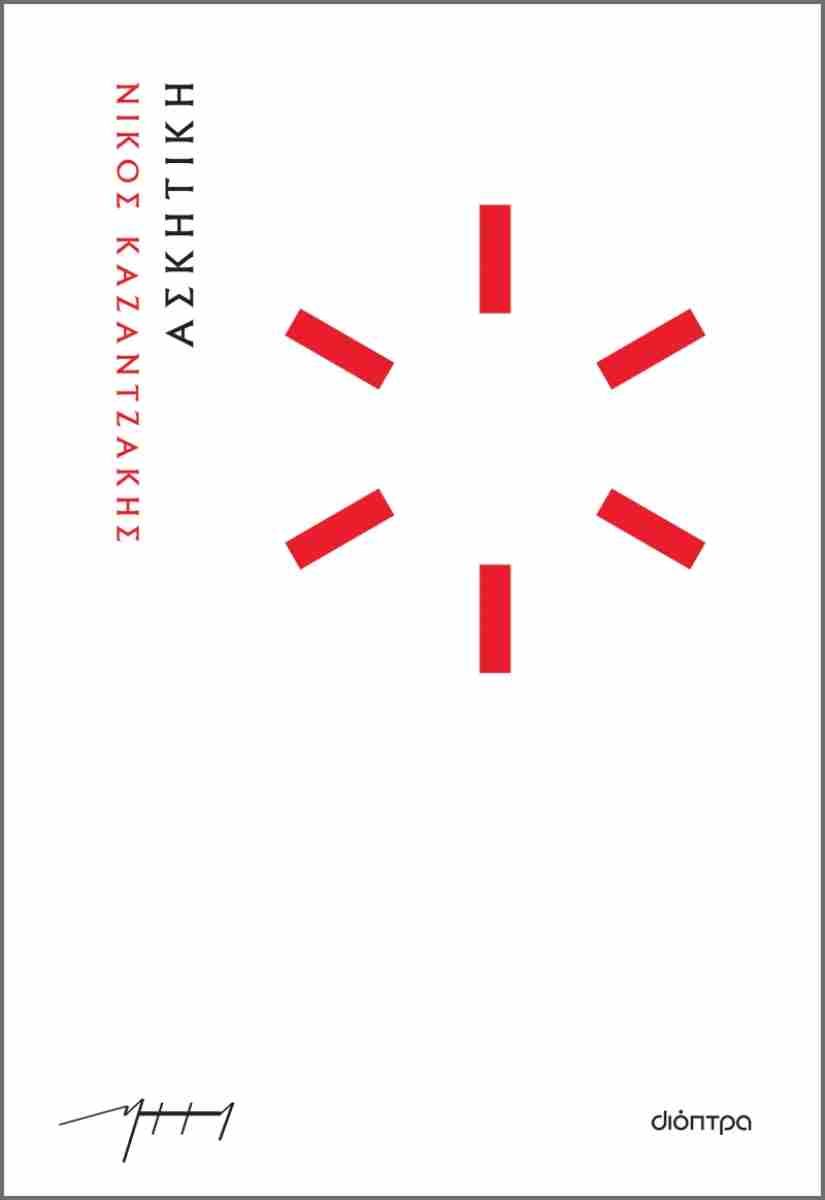ΑΣΚΗΤΙΚΗ / ASCETICISM
 “>
“>
Author:
NIKOS KAZANTZAKIS
Country:
Greece (GR)
Book Theme:
European writers “without borders”
Publisher:
DIOPTRA
Publishing Year:
2022
Nikos Kazantzakis (1883-1957) was a Greek writer and philosopher, born in Crete. Renowned for his vast literary output, he explored existential and spiritual themes in his works. His novels, including “Zorba the Greek” and “The Last Temptation of Christ,” garnered international acclaim. Kazantzakis’s profound philosophical inquiries, evident in his non-fiction writings like “The Saviors of God” and “Askitiki,” cemented his status as a towering figure in 20th-century Greek literature. His legacy continues to inspire readers worldwide.
National Award for Children’s and Young People’s
Abstract
“Askitiki” (“Asceticism”) by Nikos Kazantzakis is a philosophical treatise that delves into the nature of asceticism and its profound implications for the human experience. First published in 1927, the book reflects Kazantzakis’s deep engagement with existential questions and his exploration of the spiritual quest for meaning and transcendence. Kazantzakis elucidates the central tenets of ascetic practice, which involve the renunciation of worldly desires and the pursuit of spiritual enlightenment through self-discipline and self-denial. He draws on a wide range of sources, including Eastern and Western philosophy, literature, and mythology, to illustrate the diverse manifestations of asceticism throughout history. He explores the lives of ascetics and mystics, such as the desert fathers of early Christianity, the Buddhist monks of ancient India, and the Sufi mystics of Islam, shedding light on their experiences of divine union and inner transformation.
Central to Kazantzakis’s exploration of asceticism is the idea of the “inner struggle” (agon), wherein the individual confronts the forces of darkness and chaos within the self in order to attain spiritual liberation. Kazantzakis argues that asceticism is not a path of withdrawal from the world but rather a path of engagement with the world, wherein the individual strives to transcend the limitations of the ego and connect with the divine.
The abstract concludes with a reflection on the existential significance of asceticism in the modern age. Kazantzakis contends that in an increasingly secular and materialistic world, the quest for spiritual meaning and fulfillment remains as urgent as ever. He calls upon readers to embrace the ascetic ideal as a means of confronting the existential challenges of human existence and striving towards a deeper understanding of the self and the cosmos.



